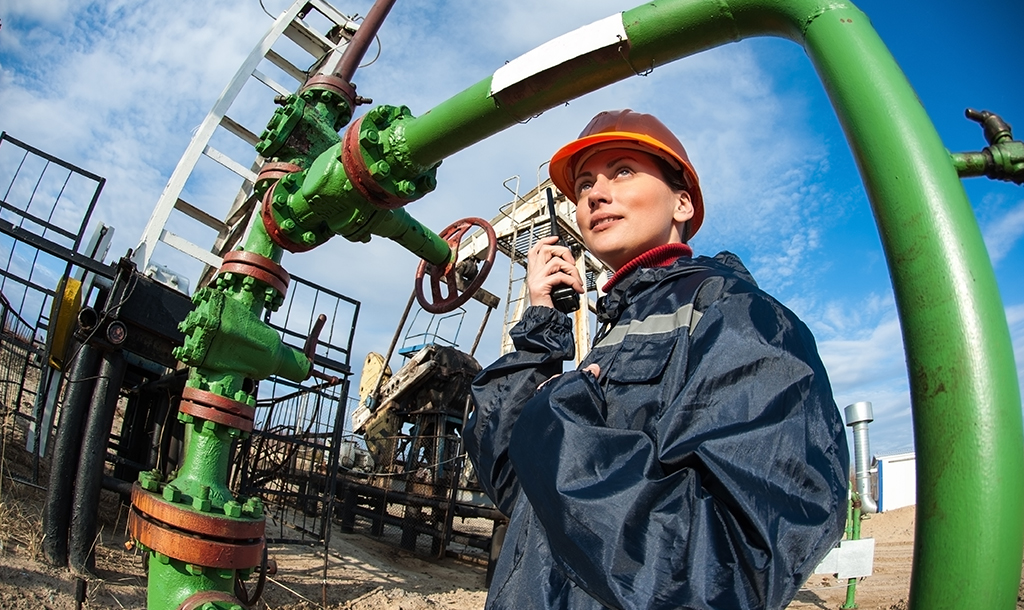Petroleum Engineering
Petroleum engineers play a key role in extracting and refining the many of the resources that fuel our modern society.
The work of petroleum engineers spans the production process of oil and gas, from exploring and developing new oil and gas fields; to surveying, evaluating, and testing wells; to directing and monitoring the plans, programs, equipment, and machinery used in oil and gas drilling operations; to researching and developing new, more cost-efficient methods for extraction.
Petroleum engineers will work with geologists and other specialists to understand the geologic formation of the rock that contains oil and gas deposits. Using this information, petroleum engineers will then determine the most efficient, cost-effective drilling methods to extract that oil and gas from the reservoir, and will design and implement the drilling methods, equipment, and machinery, as well as monitor their operation. Petroleum engineers continue to evaluate data from the extraction of oil and gas to predict the performance of the reservoir, design optimum recovery methods, and extend the economic life of the wells. They are constantly researching and developing new ways to recover oil and gas in order to lower the cost of drilling and production.

